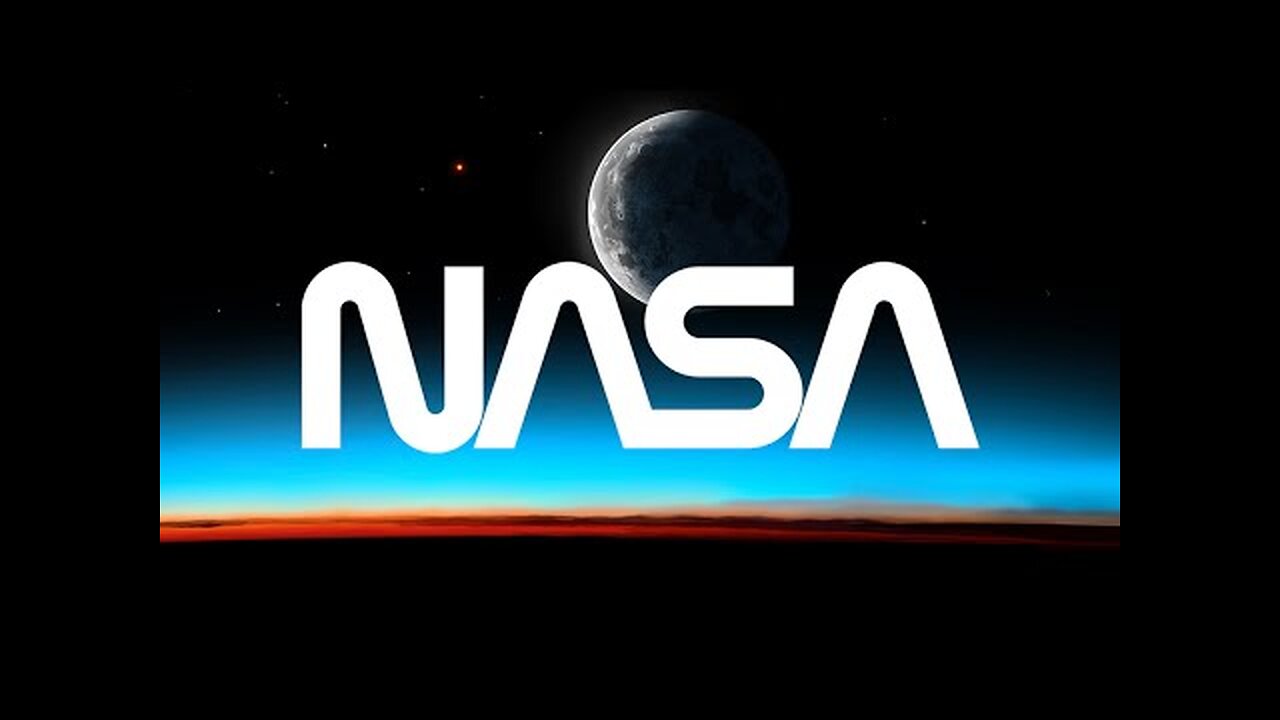Premium Only Content

Nasa benefits for all
NASA, the National Aeronautics and Space Administration, provides numerous benefits to society as a whole. While its primary mission is the exploration of space, these endeavors have far-reaching impacts and benefits that extend to all of humanity. Here are some of the key ways in which NASA benefits everyone:
Technological Advancements: NASA's pursuit of space exploration has led to the development of cutting-edge technologies that have practical applications on Earth. Many everyday products and technologies, such as GPS, weather forecasting, medical imaging, and lightweight materials, have roots in NASA research and development.
Economic Growth: NASA's programs stimulate economic growth by fostering innovation and creating jobs. The space industry, including satellite communication, space tourism, and space-related research, generates billions of dollars in revenue and supports thousands of jobs worldwide.
Scientific Knowledge: NASA conducts groundbreaking research that expands our understanding of the universe, the Earth, and life itself. Discoveries made in space science, astrophysics, and planetary science benefit not only scientists but also the general public by enhancing our knowledge of the cosmos and our place in it.
Earth Observation: NASA's Earth-observing satellites provide critical data on climate change, natural disasters, and environmental changes. This information helps governments, organizations, and individuals make informed decisions about climate policy, disaster response, and resource management.
Space Exploration Inspiration: NASA inspires people of all ages to pursue careers in science, technology, engineering, and mathematics (STEM). The agency's missions and discoveries captivate the public's imagination and encourage students to study these fields, contributing to a skilled workforce and future innovations.
International Collaboration: NASA collaborates with space agencies and organizations worldwide, promoting diplomacy and international cooperation. This collaboration fosters goodwill among nations and enhances global partnerships in science and technology.
Health Benefits: NASA research into space-related health challenges, such as astronaut health and life support systems, has led to advancements in healthcare and medical technology. This research has applications in remote medical monitoring, telemedicine, and the treatment of various medical conditions.
Spin-off Technologies: NASA's research and development often lead to spin-off technologies that benefit various industries, such as robotics, aerospace, transportation, and telecommunications. These innovations improve the quality of life and drive economic growth.
National Security: NASA's satellite technology plays a crucial role in national security by aiding in communication, navigation, and weather monitoring, among other functions. These capabilities are vital for defense and emergency response.
Preservation of Earth: By studying Earth from space, NASA contributes to our understanding of the planet's changes and vulnerabilities. This knowledge informs efforts to protect and preserve the environment for future generations.
In summary, NASA's work goes beyond space exploration and directly impacts society in many positive ways. Its contributions to technology, science, education, the economy, and global cooperation make it an agency that benefits not only the United States but all of humanity.
-
 10:57:58
10:57:58
Dr Disrespect
12 hours ago🔴LIVE - DR DISRESPECT - PGA TOUR 2K25 - ONLINE RANKED UNDEFEATED
135K23 -
 1:59:49
1:59:49
2 MIKES LIVE
8 hours ago2 MIKES LIVE #200 It's our 200th Show with guests Paul Kanitra and Dan Nunn!
32.5K7 -
 21:41
21:41
JasminLaine
4 hours agoCarney HUMILIATED—Danielle Smith DESTROYS 'Garbage Polls' & Trump RUINS His Plan
36.5K22 -
 LIVE
LIVE
Film Threat
6 hours agoSUPERMAN! DISNEY! DRAGONS! LIVE FROM CINEMACON! | Film Threat After Dark
72 watching -
 LIVE
LIVE
DoomGnome
7 hours agoAdventures with DoomGnome: Fable Anniversary, REDUX Mod + Others, ROAD TO 500!
122 watching -
 55:21
55:21
BonginoReport
7 hours agoNashville Shooter Was Afraid Of Being Labeled a Racist - Nightly Scroll w/Hayley Caronia (Ep.18)
131K85 -
 LIVE
LIVE
Illyes Jr Gaming
4 hours agoMerry Verdansk Eve! Multiplayer Kilo Grind!!!!!!
94 watching -
 LIVE
LIVE
Jokeuhl Gaming and Chat
5 hours agoEmpyrion - Galactic Survival
124 watching -
 2:16:00
2:16:00
GetawesomeGaming
6 hours agoBloodborne - 10 Year Anniversary Stream
23.4K1 -
 1:31:35
1:31:35
Kim Iversen
8 hours agoIran’s Final Warning: Do This One Thing or Face Annihilation | Scott Ritter
129K214